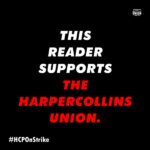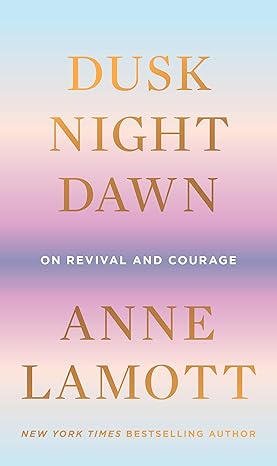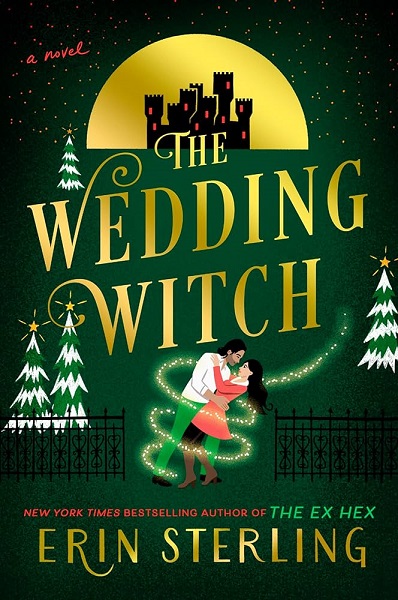News and Notes will be replacing the “Recent Articles” feature. I’d like to expand beyond linking to interesting articles; News and Notes will still include links to interesting articles and blog posts, but now I’ll have more freedom to add other stuff: book giveaways on other blogs, bargains or freebies of books I’ve recommended or want to read, interesting graphics or photos, and whatever else I think is cool.
 GIVEAWAY: The Friday Society ARC. The Midnight Garden blog is giving away an ARC of The Friday Society, a YA steampunk novel by Adrienne Kress featuring not one but three strong female leads. I’ve already put this on my TBR list (and entered the giveaway); it sounds like a lot of fun! The Book Smugglers gave it a good review. The Friday Society will hit bookstores on Dec. 6; the giveaway is open for several weeks.
GIVEAWAY: The Friday Society ARC. The Midnight Garden blog is giving away an ARC of The Friday Society, a YA steampunk novel by Adrienne Kress featuring not one but three strong female leads. I’ve already put this on my TBR list (and entered the giveaway); it sounds like a lot of fun! The Book Smugglers gave it a good review. The Friday Society will hit bookstores on Dec. 6; the giveaway is open for several weeks.ARTICLES & POSTS:
“Will the Supreme Court Kill Used Bookstores?” Christopher Balogh explores and explains the case of Wiley v. Kirtsaeng, currently before the Supreme Court. (reason.com) If you haven’t been following it, this is a case involving a young man who bought US textbooks in his home country, where they were cheaper, and resold them in the US on eBay to finance his education here. Rich Adin of An American Editor also weighs in with his post, “Why is the book market different from the art market?” The issues in this case are complex and the ramifications of the decision will be significant for one side or the other. At stake are questions of copyright, ownership, the first sale doctrine and the owner’s right of resale. Both posts are worth reading.
A post on LibraryPoint, the Central Rappahanock Regional Library’s website, considers “Rip-offs and Tributes: A Look at Derivative Works” not just in the book field, but in music, games, and movies. It will make you think.
Finally, TeachingDegree.org has a great infographic on ebooks vs. print books (reposted with permission):






































